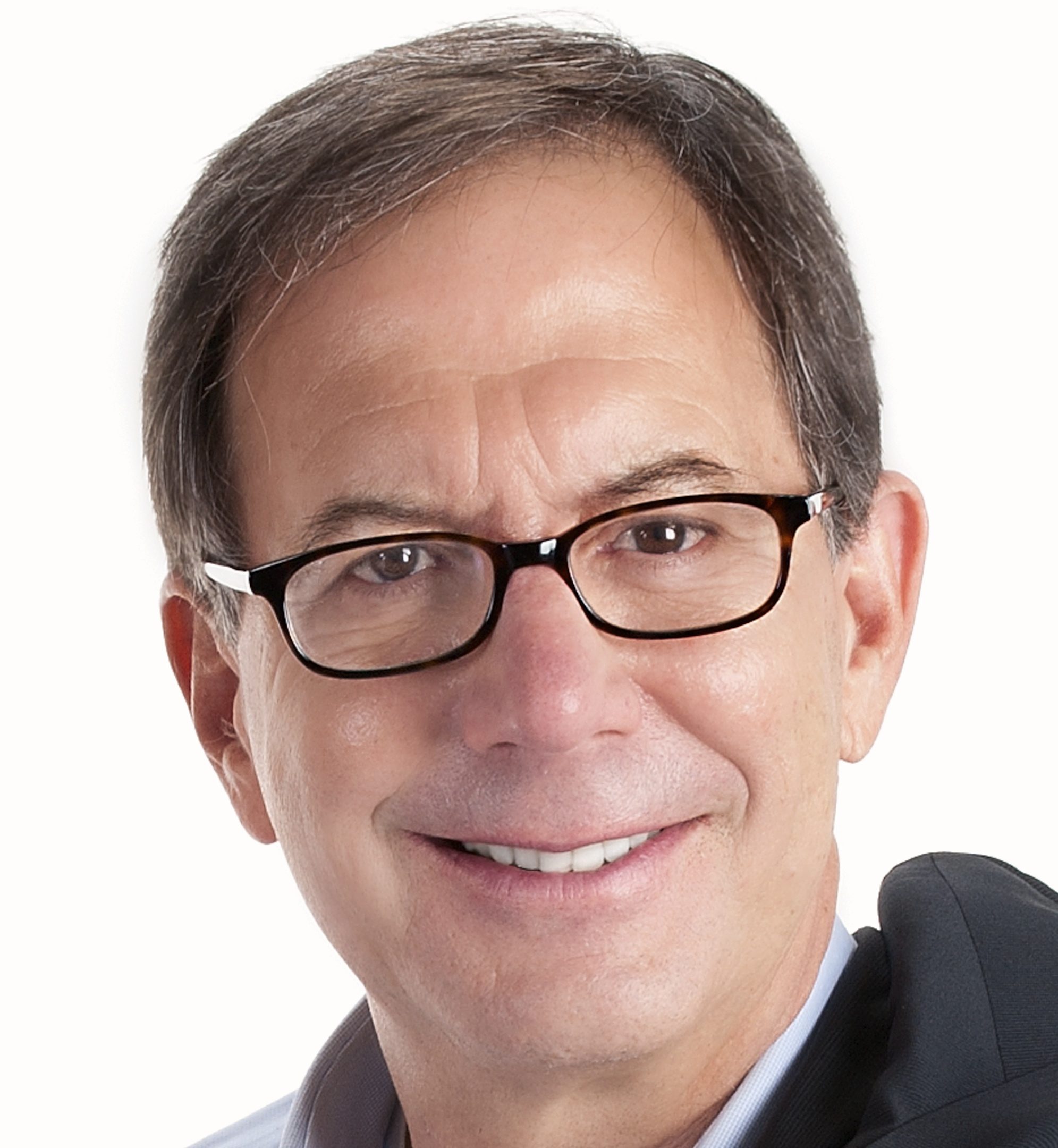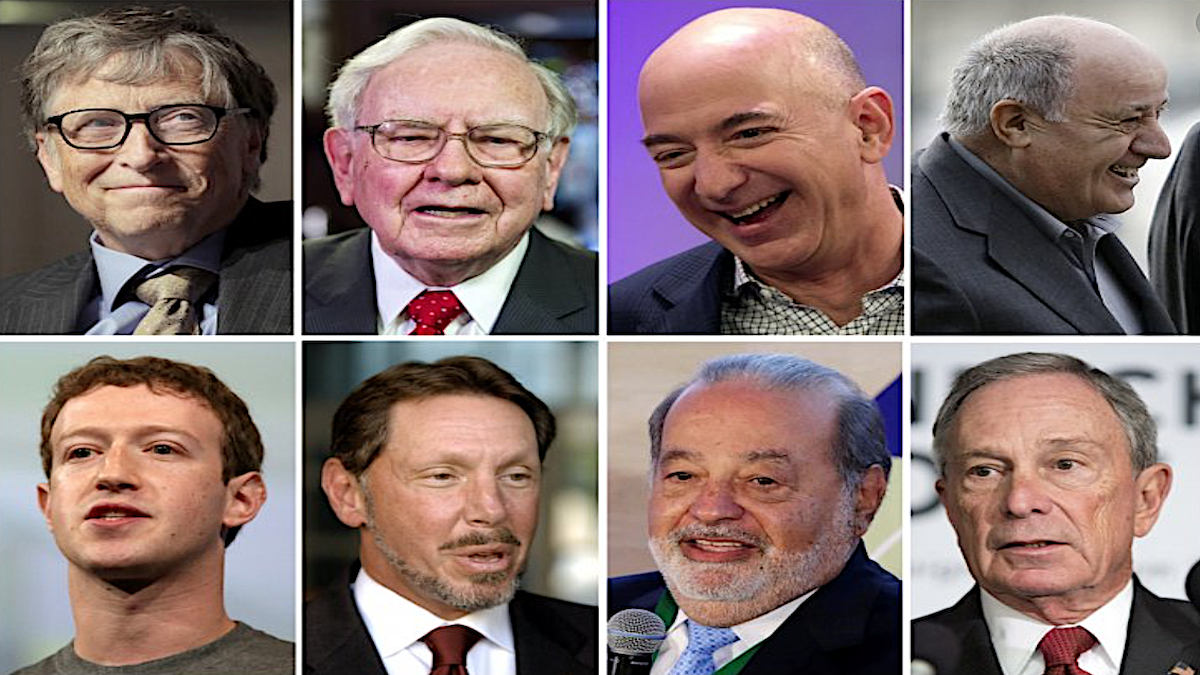The measure of a humane society is how many people get what they truly need, before anyone else gets what they want.
Yes, I did say, “multi-billionaires.” As in, you could give away all but one billion and still have pretty much everything you need and most of what you could want.
One of the things I have noticed about many of the extremely wealthy is that often their wealth appears to confer on them a feeling of entitlement to choosing what they “want to do” and an increased resistance, if not outright aversion, to “having to do” anything they don’t want to do.
This may explain the knee jerk reaction many highly wealthy people react with in “having to pay taxes.”
However, give them the “choice to do” something and they may just do it.
So rather than taxing them, President Biden may have more luck saying to them, “America and I need your help. With that in mind, I am asking you to donate as much of your wealth as is possible to help the many Americans who are having a rough time and are in dire straits. On our end, we will come up with a plan for how your money will be spent that we believe will pass all the criteria you would use if you were evaluating any enterprise to give your money to and will ask you to sign off on it. And please, do keep as much of your wealth as you deem necessary so that you can personally have everything you need and want.”
Years ago I coached the Managing Director of the branch of a wealth management firm in Los Angeles. His group was in fact one of the firm’s top producers nationally. One day I asked him the secret to his success. He said, “I think it may be that I guess I’m humble and am always honest with my people and when a situation comes up where I need their help, rather than demanding or commanding them to do something, I explain to them what the situation is and then simply say to them, ‘I need your help.’ I think when I do that, it enables them to choose to help me. I also think it helps that I have earned their choosing to do that by everything I continually do to help them be successful and live up to their potential.”
On a more mundane level, I had a recent experience that also brought home the distinction between having to and choosing to do something.
I am by no means wealthy and I generally do not strongly resist having to do something, unless of course I’m asked to do a chore when I am in the middle of doing something, such as writing this blog. But I would much rather choose to do something.
That said, the fact of the matter is that I live in Los Angeles and there isn’t a day that goes by when I don’t walk past homeless people. I occasionally give them some money, and probably more than most, but not nearly as much as I should.
Not infrequently I’ll pass a homeless person holding up a sign asking for money or food and looking pleadingly at me to give them some. With embarrassment and some shame I will admit that I often look away from those carrying a sign and do what I can to avoid eye contact. I think my reaction is feeling as if they are trying to make me do it and my instinctively resisting that as described above.
A month ago I was walking in Santa Monica, California, wearing a mask, not too far from where I live. As I continued, I passed a homeless person walking in torn flip flops coming from the opposite direction. He had no sign asking for anything nor did he look at me or “intrude” into my space. He wore a ripped mask as his attempt to follow public health guidelines. He dragged his left leg as he moved and his left arm and hand were twisted backwards, clear signs that he had had a stroke.
It was clear that he was struggling and yet, he did nothing to prod, coax or guilt me into having to give to him or even look at him.
The fact that he didn’t do any of those things stopped me in my tracks and woke me from a not unusual state of self-absorption and caused me to become more completely aware of his struggle and how he took full responsibility for it without imposing it on anyone, and the anyone in this case being me.
I walked about twenty yards past him, when it dawned on me that since I didn’t have to give him anything, I could choose to give him something.
I turned around and walked up behind him, and when I got close to him, I called out and said, “Hey there, I hope this helps, whereupon I put a $50 in his functioning right hand.”
He stopped, picked up his right hand, looked at the $50 bill and then looked at me. His eyes filled up with tears and he looked deeply into my eyes and simply said, “I love you.”
My eyes began to water as well and I said, “I love you too and take good care of yourself.”
It was one of the best $50 I had spent in a long time… all because I got to “choose to” spend it.


